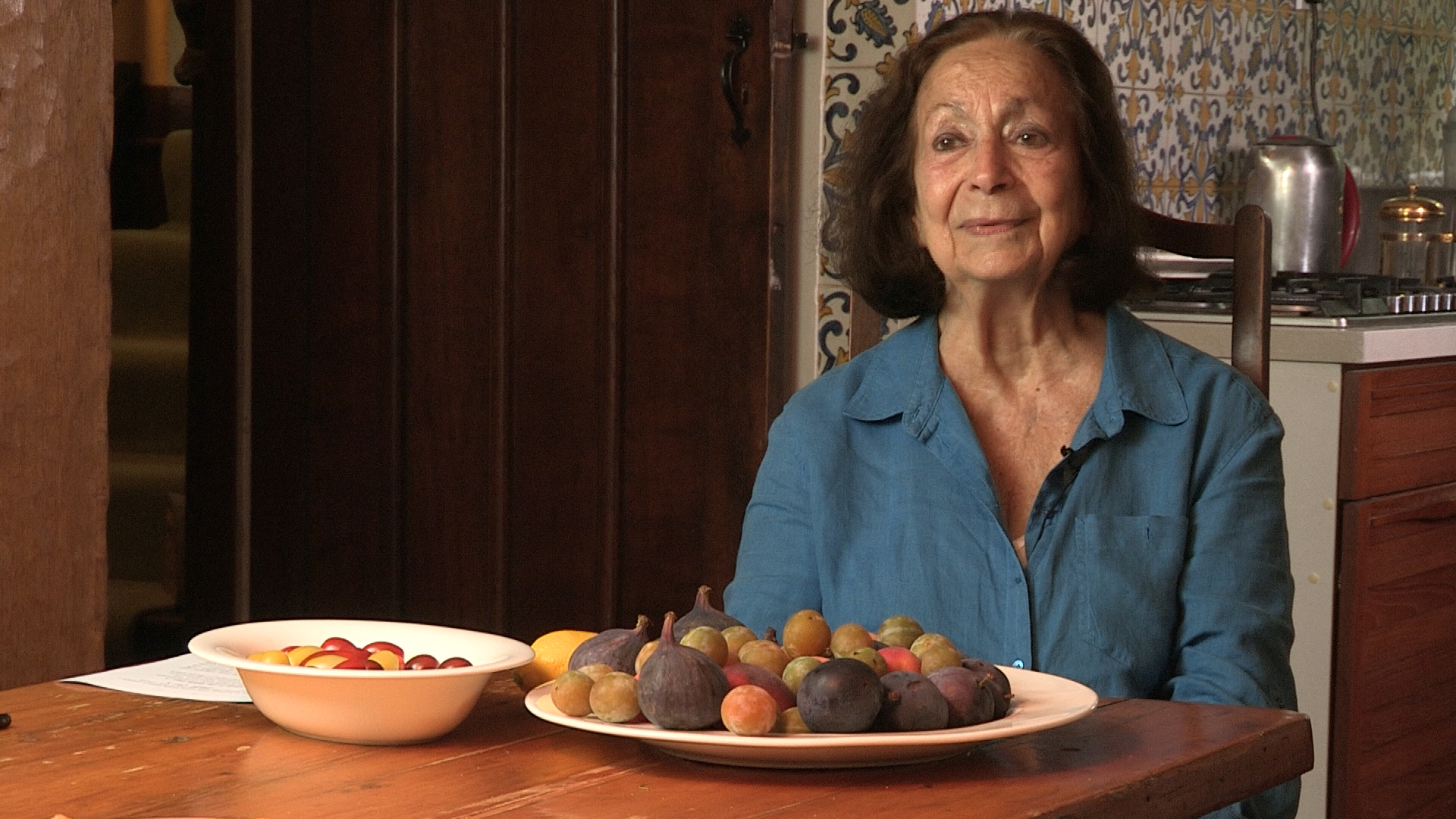NEXT STORY

Recipes that trigger memories
RELATED STORIES

NEXT STORY

Recipes that trigger memories
RELATED STORIES


|
Views | Duration | |
|---|---|---|---|
| 91. Slow Food talks | 03:30 | ||
| 92. The new Mediterranean cookbook | 04:11 | ||
| 93. Family is of most importance | 03:08 | ||
| 94. Cooking for my children | 03:10 | ||
| 95. The new cookbook is ready | 02:04 | ||
| 96. Cooking during the pandemic | 03:56 | ||
| 97. Recipes that trigger memories | 2 | 03:07 | |
| 98. Photographs for my cookbook | 03:08 | ||
| 99. The New Book of Middle Eastern Food | 02:18 | ||
| 100. My trip to Turkey | 01:59 |


As soon as they got the book, they say always I chose them, they didn't choose me. And they said, 'Can you do it by September?' Now, when they told me that, it was already March. And that was the March of the pandemic, of COVID. And from then on, I was in self-isolation. And I couldn't go out. And I couldn't shop. And so, my family became... first of all, the people who brought me food. Because Ocado wouldn't send me, because I hadn't been an Ocado member or something. And they were buying the food, sending it to me. But they would come, leave the bags outside of the door and I would open the door when they'd gone and take the groceries. And I would wash all the boxes inside because we thought that you could transmit. But also, it was the time when I cooked more than ever. It was the time that I saw my children and grandchildren more than I ever did. Because they had nowhere else to go but in my garden. And they couldn't go to friends, they couldn't go to restaurants, they couldn't go to cafés. They couldn't go to the cinema. And they wanted also to meet each other. And so, it was a period of testing Med. They tested. I also gave them recipes to test because they all wanted to cook. They were working from home or studying from home. But they were all at home. And cooking was something they wanted to do.
So, all the recipes that I had, I gave either to my family. I also gave to Lizzie, my agent. And I gave to people abroad, like somebody in Yale who I met when I did a semester at Yale teaching. Or not teaching, but just being there. And she was testing. And then the wife of a relative in Boudreaux, who is French. She couldn't work, she worked at home, or rather she didn't work then. And she wanted to cook. And she was a fantastic cook. And she gave me the French way of doing things. The English peel a potato, new potato, no. We peel them, they don't. And so, I had a new perspective, or rather that my dishes that I had already tested, that I had already written, were actually looked at and tested methodically. Because I told them you have to measure. As soon as it goes into the oven, how much the temperature was. The time exactly when you took it out. Every single thing. If you add a tablespoon of sugar, you must write it down or don't do the recipe at all. Or do the recipe again. If you don't measure the amount of water I said, you have to have a jug of water, so that you measure exactly how much you put. Exactly how much you added. Because that is how I have to do it in the book, eventually.
Claudia Roden (b. 1936) is an Egyptian-born British cookbook writer and cultural anthropologist of Sephardi/Mizrahi descent. She is best known as the author of Middle Eastern cookbooks including A Book of Middle Eastern Food, The New Book of Middle Eastern Food and The Book of Jewish Food.
Title: Cooking during the pandemic
Listeners: Nelly Wolman
Claudia Roden talking to her granddaughter Nelly Wolman about her life in food.
Tags: COVID, pandemic, remote work, cooking
Duration: 3 minutes, 56 seconds
Date story recorded: September 2022
Date story went live: 04 December 2023